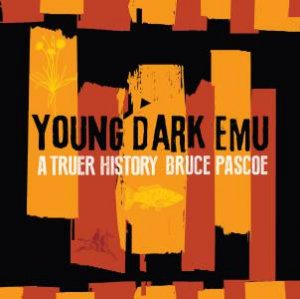

Through his writing and speaking appearances, Pascoe has made the deep ancient past and the present intelligible and imaginable for a wide audience.ĭark Emu’s case for appreciating First People as agriculturalists has proven remarkably popular and is critically acclaimed.

In his book, Pascoe crafted a persuasive account of Aboriginal people and the way they lived, largely unknown by a nation still viewing this land and First Peoples through a foggy colonial lens. Even with this claim, debates over interpretations of the past shape the politics of Aboriginal recognition today. However, they are clearly on the side of academic anthropology and archaeology - and the past - while Pascoe’s work is focused on the history of the present. Sutton and Walshe state their intention to “avoid identity politics and racial polemics”, instead claiming to offer their critique in the spirit of debate. It would be unsurprising if anthropologists critiqued these labels, one another’s field work and conclusions almost entirely in the absence of Aboriginal people. These characterisations and classifications seem to hinge on definitions and interpretations established by the academy. This system was at least as complex as gardening or farming.įriday essay: how our new archaeological research investigates Dark Emu's idea of Aboriginal 'agriculture' and villagesĬharacterisation of Aboriginal peoples as hunter-gatherers or farmers/agriculturists is a long running and shifting debate among anthropologists and archaeologists. Rather than organising Aboriginal worlds along a spectrum weighted according to their agricultural development and progress, Sutton and Walshe argue there was a far more complex system that involved modifications to one’s environment and its resources, as well as elaborate spiritual work to keep it all going.

Instead, they prefer the descriptor “hunter-gatherers-plus” in relation to who they refer to as the “Old People”. Sutton and Walshe, meanwhile, reject the label agriculture or “farming”. Pascoe draws on colonial archives and actively and creatively offers a different interpretation to colonial bias to tell the story of Aboriginal peoples’ farming and associated practices.


 0 kommentar(er)
0 kommentar(er)
